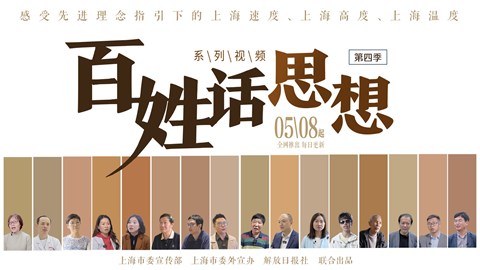Doctors highlight dengue fever risk after five city cases
Ruijin Hospital has seen five cases of dengue fever recently, all in patients who had recently travelled to Southeast Asia.
A 35-year-old woman said she had visited Malaysia, Indonesia and Vietnam during the Spring Festival.
She started to develop a high fever over 10 days after her return. She suspected the flu and went to a nearby hospital for a check.
Her condition failed to improve after taking anti-fever medicine and blood tests showed abnormal liver function.
Doctors at Ruijin Hospital suggested she go to the infectious disease department after learning about her trip.
The department's Dr Gui Honglian suspected dengue fever and this was confirmed by tests.
Dengue fever is an acute viral infectious disease. Most patients can have good prognosis, while there are individuals in a critical condition.
"Patients should arouse awareness for timely and proper treatment. We have received a dengue fever patient before the Spring Festival. It is the 6th day of the onset and started to develop serious pulmonary edema, chest fluid and a combined bacterial infection. The patient has recovered after treatment," said Dr Xie Qing, director of infectious disease department.
Dengue fever is a mosquito-borne illness that occurs in tropical and subtropical areas. Usually it causes a high fever and flu-like symptoms. It can result in headaches, muscle, bone or joint pain, nausea and rashes.
"People if developing such symptoms within two weeks returning from these areas should arouse awareness and go to a professional hospital for diagnosis and treatment," Xie said.
Dengue fever can be prevented by avoiding mosquito bites like wearing long-sleeve clothes and long trousers, putting on mosquito repellent and avoiding staying in grassy areas or places with many mosquitoes.















